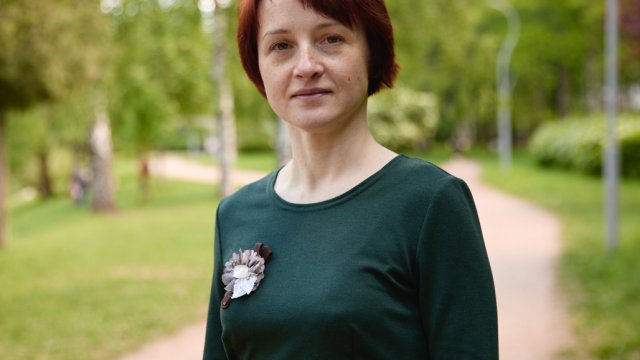Konstantin Konstantinovich Platonov, the grandson of the famous psychiatrist I. Y. Platonov, was born on June 7, 1906. The Platonov dynasty is well-known in the psychiatric world; Konstantin Konstantinovich’s father, the hypnotherapist K. I. Platonov.
The name of Konstantin Platonov is indelibly linked to the history of Russian psychology. The scientist was one of the founders of aviation psychology — the science looking into psychological aspects of aircraft flying. Findings of aviation psychologists are used to increase efficiency and safety of labor in aviation, and improve selection of candidates for aviation specialists. In addition, Platonov treated labor psychology as a separate branch. Under his leadership, comprehensive labor psychology laboratories were created and worked in 1935-1959 at major national industrial enterprises (GAZ – Gorky Automobile Plant, Chelyabinsk Tractor Plant, etc.).
Platonov’s books remain an important theoretical basis for pilot training. His widely known works: Labor Psychology Issues, Aviation Psychology Issues, Ability Issues, etc. His book Psychology as You May Like It was translated into 18 languages. This work, still in demand and popular, was written when Platonov was recovering from a stroke in the hospital. The book includes short stories on three basic aspects: consciousness, personality, activity.
“Psychological processes such as consciousness, sensation, perception, thought, emotions, and will are not given in a complete, unchangeable form. One should develop them actively, helping the personality thrive in all aspects,” Platonov wrote.
The scientist made a great contribution to the fundamentals of medical and military psychology, as well as psychology of personality, psychodiagnosis, and social psychology.
Konstantin Platonov was one of the first to start developing social psychology in our country back in the 1960s. According to the Moscow State University, the scientists invested a lot of effort in methodological issues of social psychology, defining its subject matter and problematic aspects, and justification of research methods.
Platonov’s works also had a significant focus on methodological and theoretical foundations of psychology, substantiation and establishment of the reflective nature of the mind, its active development through activity, and personal mediation of mind phenomena (System of Psychology and Theory of Reflection. 1982; On the System of Psychology. 1972; Concise Dictionary of Psychological Terms. 1981). He built and investigated the entire system of psychology as a science from these positions.
The psychologist is known as a science popularizer. His legacy includes books and lectures: over 300 works that are still relevant today. Platonov was on the board of the Znanie Society and authored numerous articles in the Nauka i Zhizn magazine.
The scientist died on October 5, 1984, aged 78.
Based on open-source data
Photo: Olga Merzlyakova / Scientific Russia






















